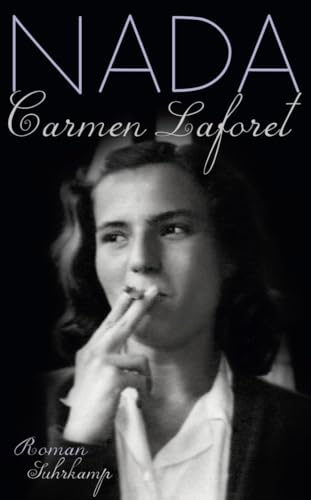
The success of Laforet’s first novel was not unlike what J.D.

“She was a pioneer in a lot of aspects,” said Rolon-Barada, who noted that many call Nada her “masterpiece.” More than 40 years earlier, Laforet had her own magical moment, as Nada, her debut novel written when she was in her early 20s, received tremendous critical acclaim, winning the inaugural Premio Nadal prize for Spanish literature, an impressive honor any year, but even more so for a female author during that time in Franco-ruled Spain. “She was the author of one of the classic novels of the 20th century – Nada, which means ‘nothing.’ I thought, ‘Let’s see what this lady has to say.’ She was so impressive, this distinguished visitor who had come all the way from Spain.” ISRAEL ROLON-BARADA: Monmouth professor met Spanish author Carmen Laforet in 1987.“It was a Friday afternoon in April,” said Rolon-Barada, who joined Monmouth’s faculty last fall after teaching at several major universities. The event would change the course of his academic life and Laforet’s literary legacy. While pursuing his master’s degree at Georgetown University, he attended a talk given by Spanish author Carmen Laforet.

– In 1987, Monmouth College literature and language professor Israel Rolon-Barada had a magical moment.


 0 kommentar(er)
0 kommentar(er)
